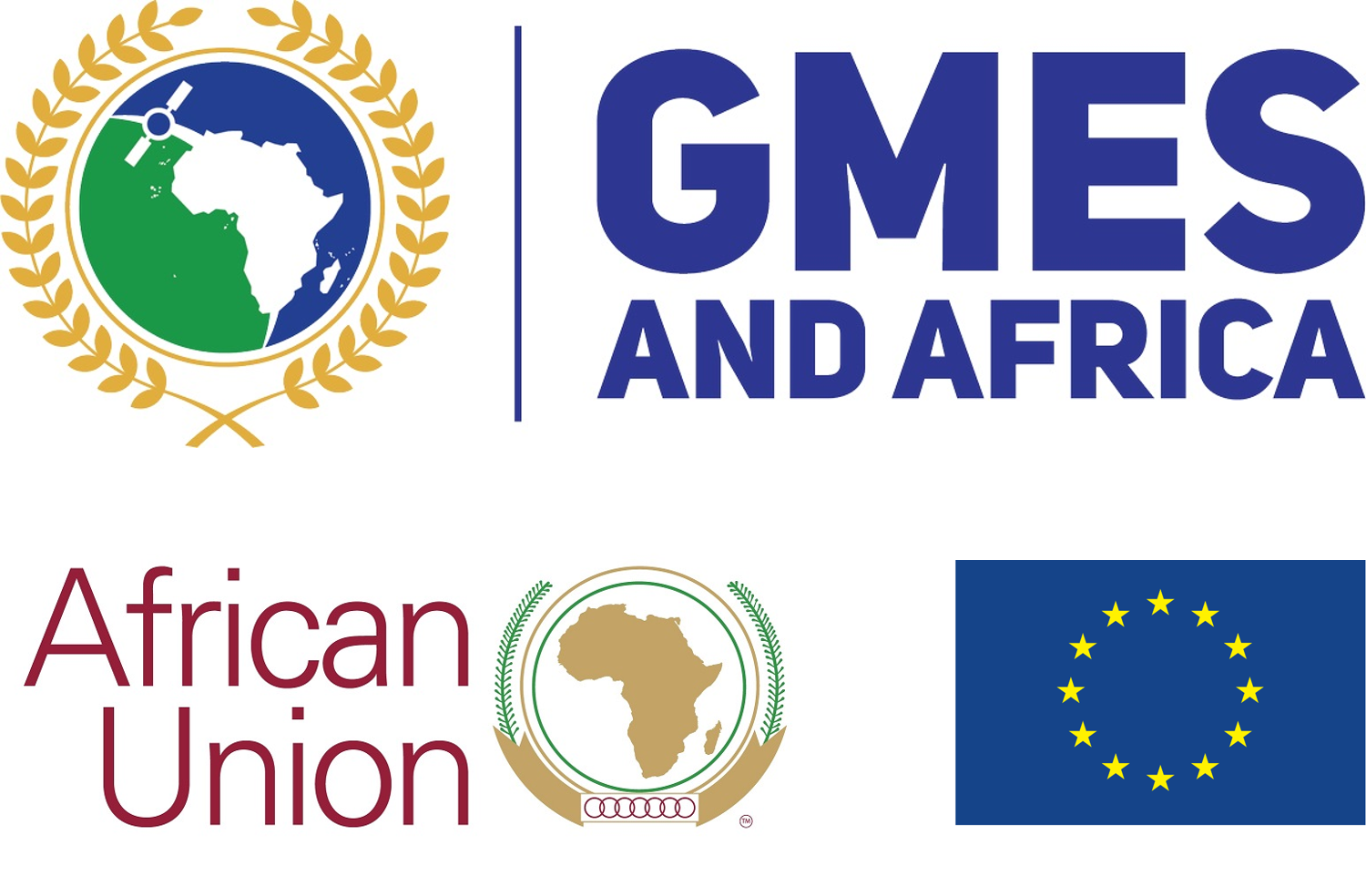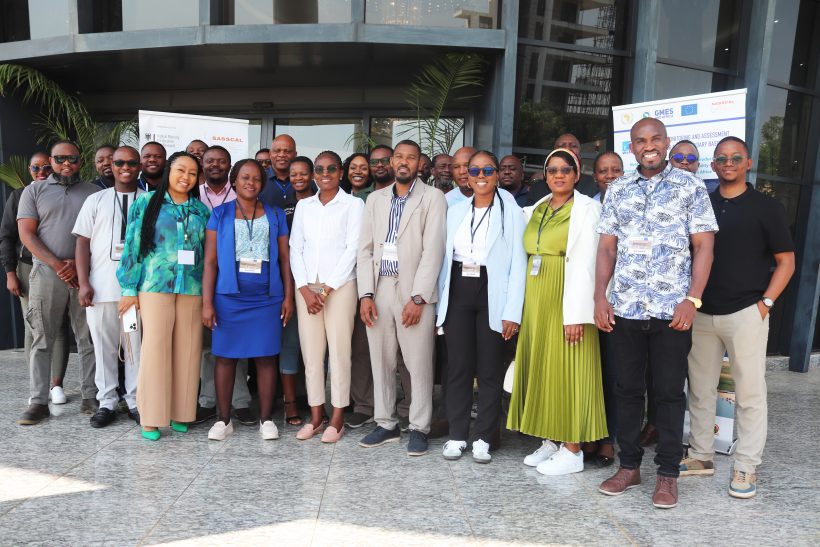Gaborone, Botswana The Southern African Science Service Centre for Climate Change and Adaptive Land Management (SASSCAL) successfully conducted the WeMAST Phase II Stakeholder Training Workshop in Gaborone, Botswana, marking a key milestone in the region’s efforts to safeguard vital wetland ecosystems through technology, collaboration, and capacity building.
This high-impact regional training which was held from the 15th to the 17th of September, 2025 is part of the Wetland Monitoring and Assessment Service for Transboundary Basins in Southern Africa (WeMAST) project, a flagship initiative under the GMES & Africa Programme, implemented with the support of the African Space Agency (AfSA).
The WeMAST Phase II workshop marked an important advancement in equipping stakeholders across Southern Africa with practical tools and knowledge for effective and sustainable wetland management. By building technical capacity, the initiative contributes directly to more informed decision-making and policy development that strengthens climate resilience and supports biodiversity conservation
Technology at the Forefront: The WeMAST 2.0 Geoportal
Central to the training was the WeMAST 2.0 Geoportal a powerful online platform designed to monitor wetlands across Southern Africa’s major transboundary river basins: Okavango, Cuvelai, Limpopo, and Zambezi. The upgraded portal integrates satellite imagery, real-time environmental data, and interactive GIS mapping tools, enabling users to track and assess ecological changes with greater precision and speed.
Participants were also introduced to a suite of complementary tools, including a QGIS plugin and a dedicated mobile application, expanding access to Earth Observation (EO) technology from high-end desktops to mobile fieldwork environments.
A Practical, Inclusive Approach to Learning
The three-day workshop blended technical instruction with hands-on learning, culminating in a field trip to Bokaa Dam in Bokaa Village, where participants applied their training in ground-truthing and field data collection. This practical exercise brought the theory to life and demonstrated the full potential of EO tools in real-world wetland monitoring scenarios.
SASSCAL placed a strong emphasis on inclusivity and regional representation. The workshop adopted a gender-sensitive and youth-inclusive approach, welcoming 39 participants from a diverse range of institutions, disciplines, and countries across the Southern African Development Community (SADC).
Institutions Represented
The WeMAST Phase II training attracted a diverse group of participants from across the Southern African region, reflecting the broad relevance and impact of the initiative. Institutions from various sectors ranging from academia and government to civil society and regional water management bodies were well represented. Key contributors included LIMCOM Secretariat (Mozambique), Midlands State University (Zimbabwe), the University of the Western Cape and SANSA (South Africa), the Department of Environmental Protection, University of Botswana, and the Department of Water & Sanitation (Botswana), as well as ZAMCOM and the Environmental Management Agency (Zimbabwe).
Further representation came from agencies such as the National Remote Sensing Center and Water Resources Management Authority (Zambia), the Ministry of Agriculture, Fisheries, Water and Land Reform (Namibia), the University of Zambia, and the Okavango Research Institute (Botswana). Civil society and NGO participants, including the Olushandja Farmers Association (Namibia), SAVUTI QORE NGO (Botswana), and GWP-Botswana, also played a key role. Other notable institutions included the Inkomati-Usuthu Catchment Management Agency, WaterNet Secretariat, Water Utilities Corporation, OKACOM, and various forestry and environmental departments from Botswana, Namibia, and Zimbabwe, reinforcing the training’s inclusive and regional approach to sustainable wetland management.
Laying the Groundwork for Regional Collaboration
In addition to the technical training, a significant outcome of the workshop was the establishment of a Community of Practice (CoP), a collaborative network of wetland professionals from across Southern Africa. This community is designed to foster knowledge exchange, encourage peer learning, and support the continued use of Earth Observation (EO) technologies in the management of shared water resources.
Wetlands, which play a crucial role in ecosystem health and climate resilience, are increasingly vulnerable to the impacts of climate change and human activities. Through the WeMAST initiative, stakeholders are being equipped not only with innovative tools but also with strong regional partnerships that are essential for long-term, sustainable wetland management.
Looking Ahead
As climate pressures escalate and data-driven governance becomes imperative, the WeMAST Phase II Training has helped lay a strong foundation for sustainable wetland monitoring across Southern Africa. By aligning technology with regional capacity-building, SASSCAL and its partners continue to advance science-based solutions for environmental stewardship and resilience.
Participants left not only with enhanced technical skills but also with access to the GMES & Africa e-learning platform, comprehensive training materials, and official Certificates of Participation signaling a new chapter in collaborative, informed, and sustainable water governance in the region.




Leave a Reply